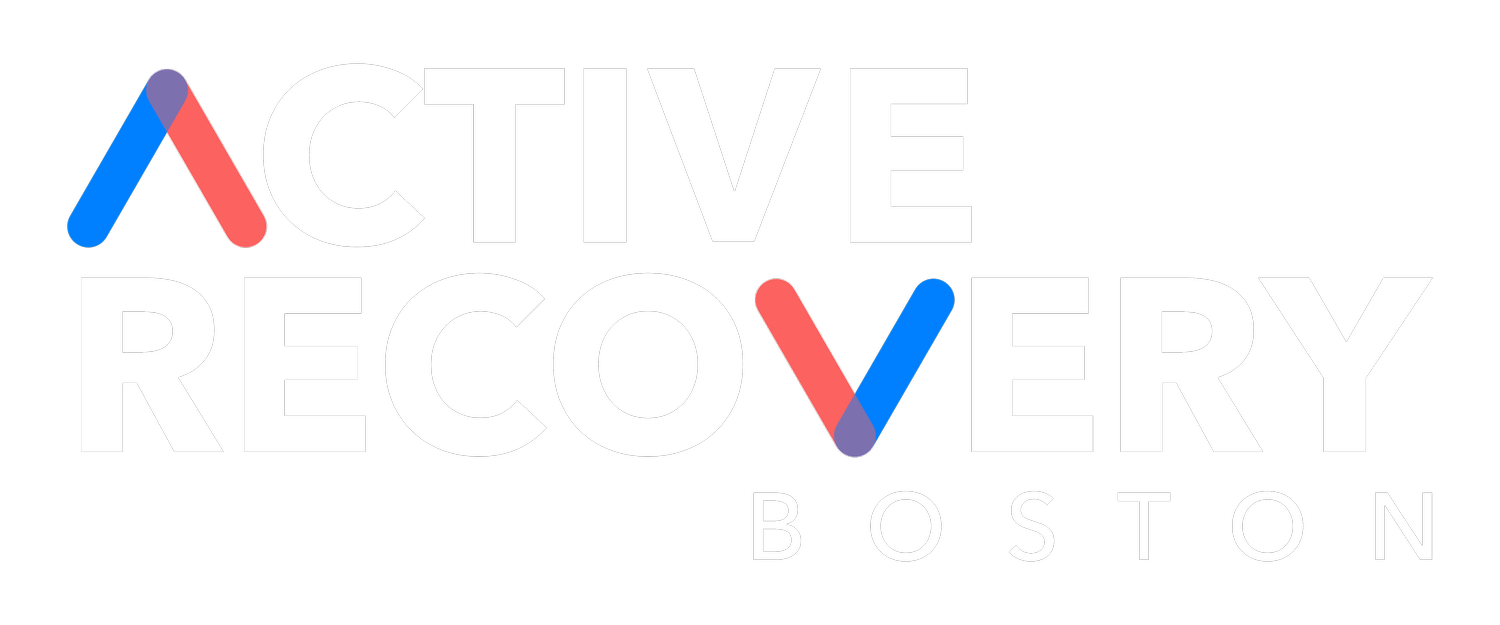Marathons are a true test of endurance and stamina, pushing the human body to its limits. It's no surprise that many runners take walking breaks during a marathon to catch their breath and recharge their energy. But did you know that walking breaks can also be an effective way to help your body recover and reboot during a long-distance run? In this blog post, we'll explore why walking breaks are crucial for marathon runners and how Dr. Kate Kelly from Active Recovery Boston can help athletes optimize their bodies for better performance during a marathon.
The Science Behind the Body's Reboot Elements
First, let's dive into the science behind the body's reboot elements. The human body is an incredibly complex and intelligent machine, capable of adapting to various environments and conditions. During a marathon, the body undergoes several physiological changes, including increased heart rate, respiration, and blood pressure, as well as the release of stress hormones like cortisol and adrenaline.
All of these changes can take a toll on the body, causing fatigue, muscle soreness, and even injury. However, walking breaks can help the body recover and reboot by allowing the heart rate and blood pressure to return to normal levels, reducing the production of stress hormones, and increasing blood flow to the muscles.
Walking breaks also give the body a chance to "reset" and switch from anaerobic to aerobic metabolism. During intense exercise like running, the body primarily relies on anaerobic metabolism to produce energy, which results in the buildup of lactic acid in the muscles. Walking breaks allow the body to switch to aerobic metabolism, which uses oxygen to produce energy and helps clear out the buildup of lactic acid.
In addition, walking breaks can also help runners maintain a consistent pace throughout the marathon. By taking short, strategic walking breaks at regular intervals, runners can conserve their energy and avoid hitting the wall, a point of exhaustion where the body runs out of glycogen stores and switches to burning fat for fuel.
Dr. Kate Kelly: An Expert in Guiding Athletes to Optimize Their Body for Better Performance During a Marathon
Now that we understand the science behind walking breaks during a marathon, let's talk about how Dr. Kate Kelly from Active Recovery Boston can help athletes optimize their bodies for better performance.
Dr. Kelly is a highly qualified medical professional who specializes in sports medicine and has extensive experience working with athletes of all levels. She understands the unique needs and challenges of marathon runners and can provide comprehensive evaluations to determine the root cause of any issues that may arise during training or the marathon itself. She has been the American Liver Foundation Boston Marathon coach for over 10 years and is a marathoner herself.
Through a combination of diagnostic testing and personalized treatment plans, Dr. Kelly can help athletes recover from injuries and optimize their bodies for better performance during a marathon. She can also provide guidance on nutrition, hydration, and recovery strategies to help athletes achieve their goals.
Furthermore, Dr. Kelly can help runners become more aware of their body's capabilities and limits, allowing them to push themselves to their fullest potential while minimizing the risk of injury. By optimizing the body's performance during a marathon, runners can achieve their goals and cross the finish line feeling strong and accomplished.
Conclusion
Walking breaks during a marathon are not only an effective way to catch your breath and recharge your energy, but they are also crucial for the body's recovery and reboot. By allowing the heart rate and blood pressure to return to normal levels, reducing the production of stress hormones, increasing blood flow to the muscles, and switching to aerobic metabolism, walking breaks can help runners maintain a consistent pace throughout the marathon and avoid hitting the wall.
If you're a marathon runner looking to optimize your body's performance and achieve your goals, Dr. Kate Kelly from Active Recovery Boston is an expert in guiding athletes to gain a better understanding of their athletic capabilities and how to optimize their body for better performance during a marathon. Her extensive experience in sports medicine, coupled with her personalized approach to treatment, can help you overcome any obstacles standing in the way of achieving your best performance on race day.
To learn more about becoming a new patient, visit our website, or call us. Our Boston office can be reached at (617) 423-3370 or our Franklin office can be reached at (617) 959-4558 to schedule your first appointment.

